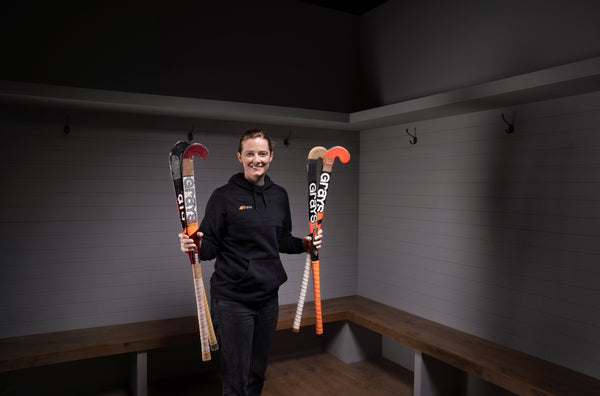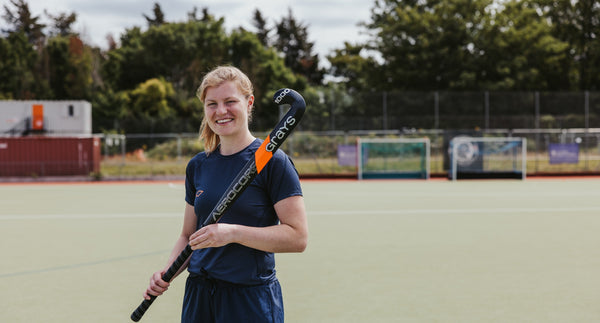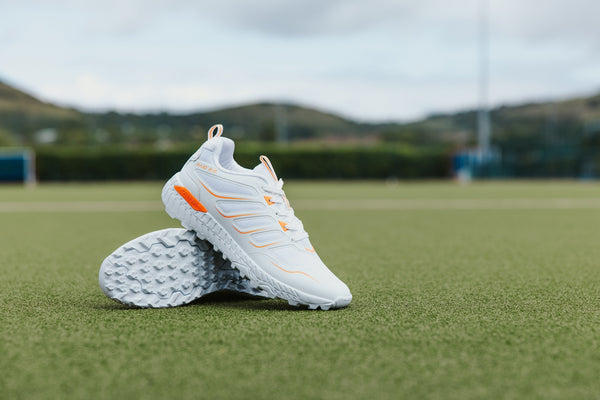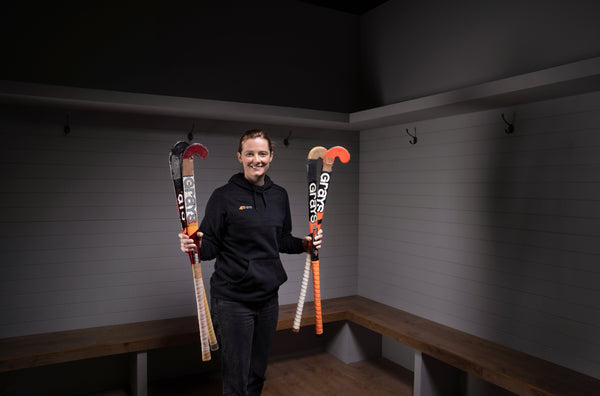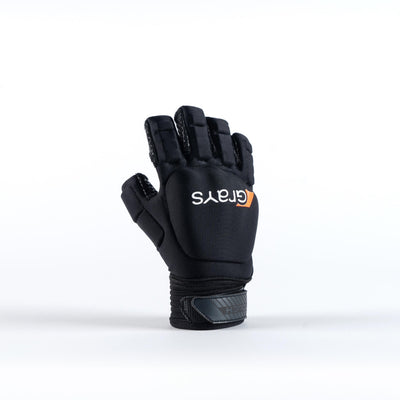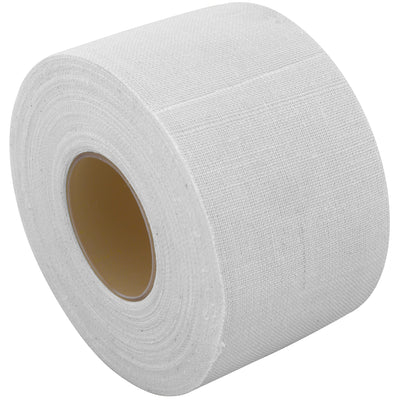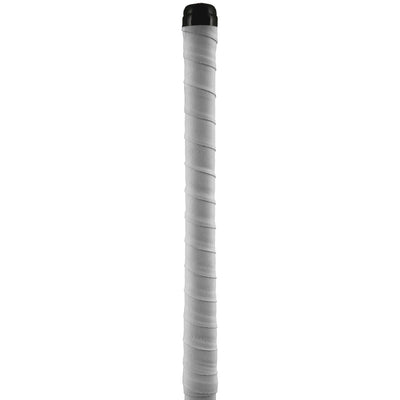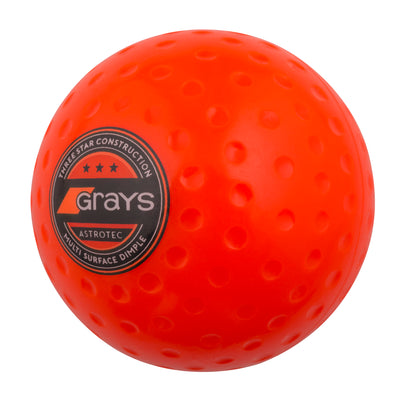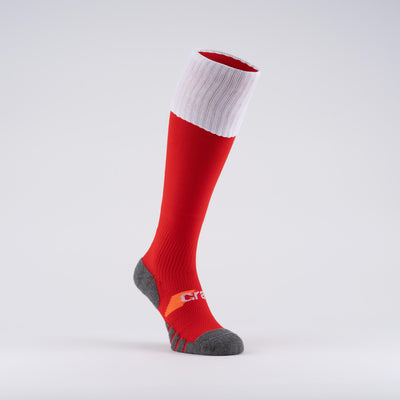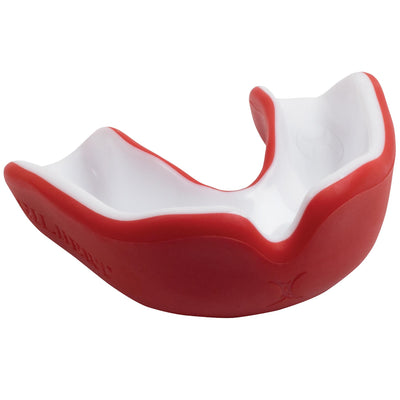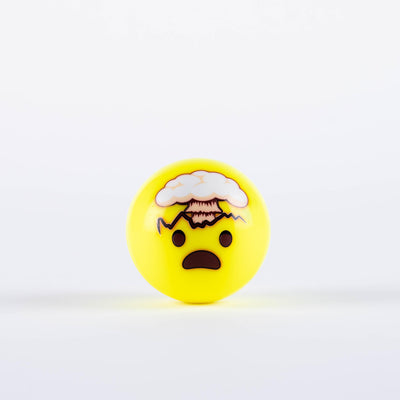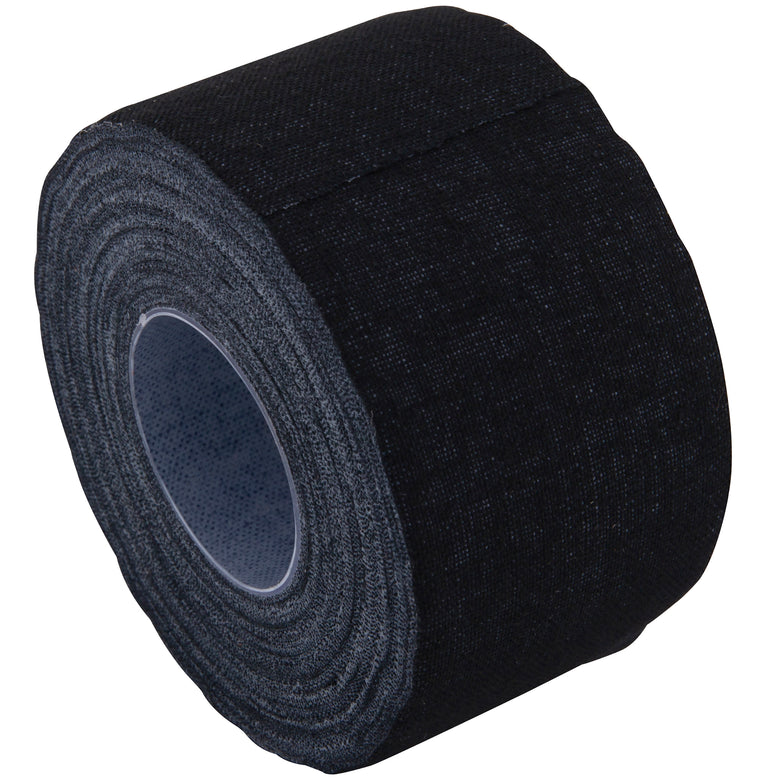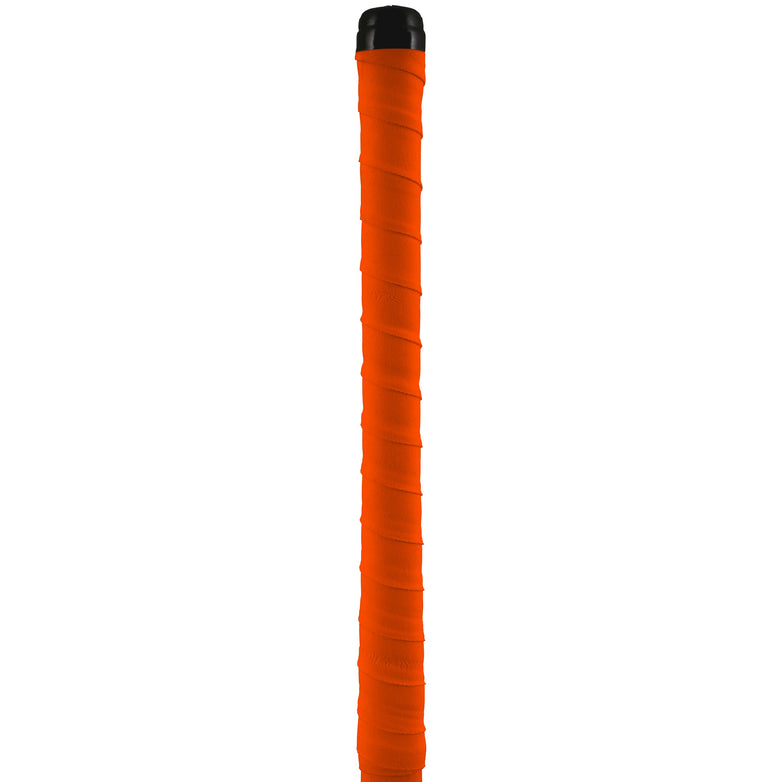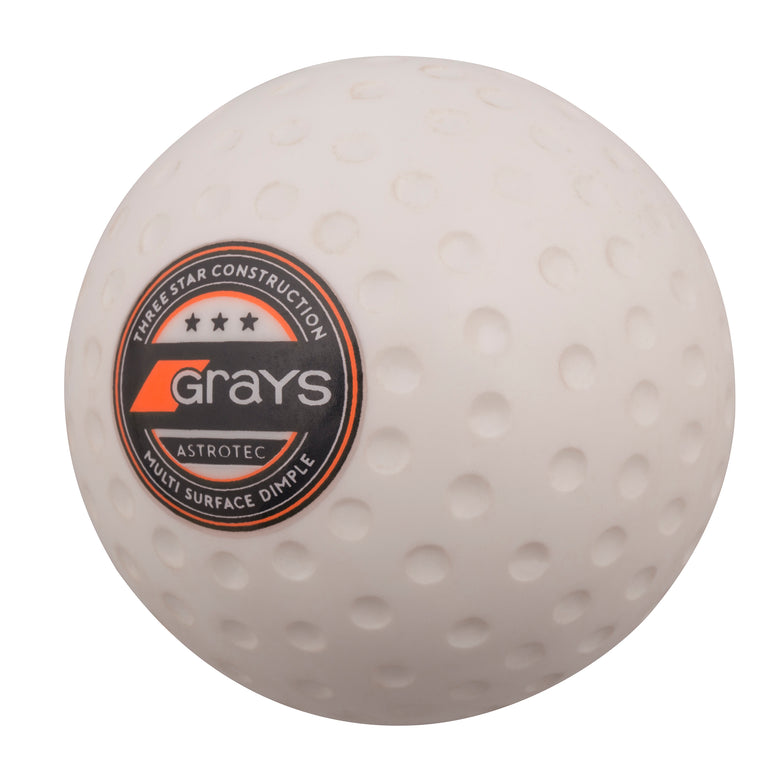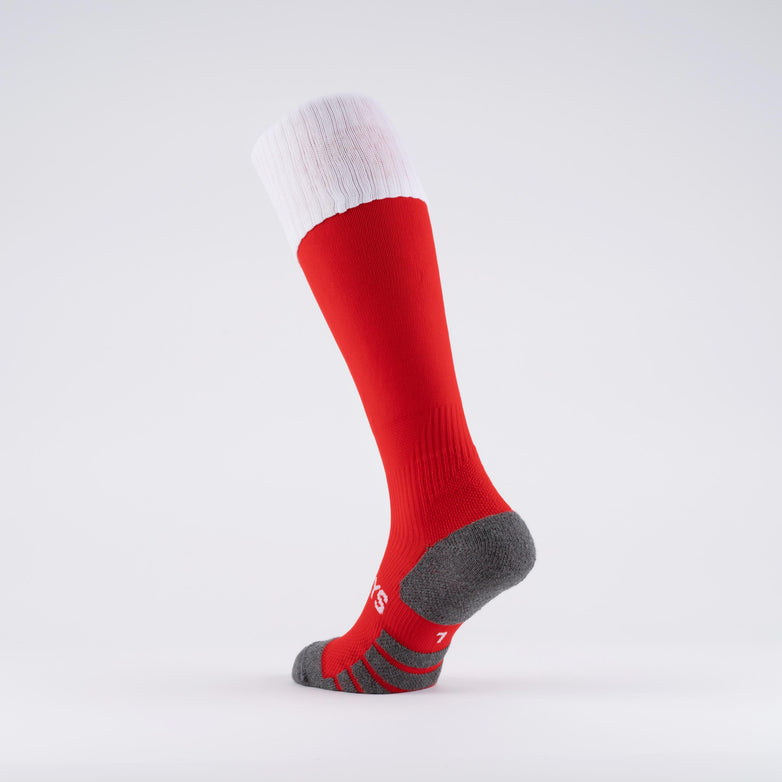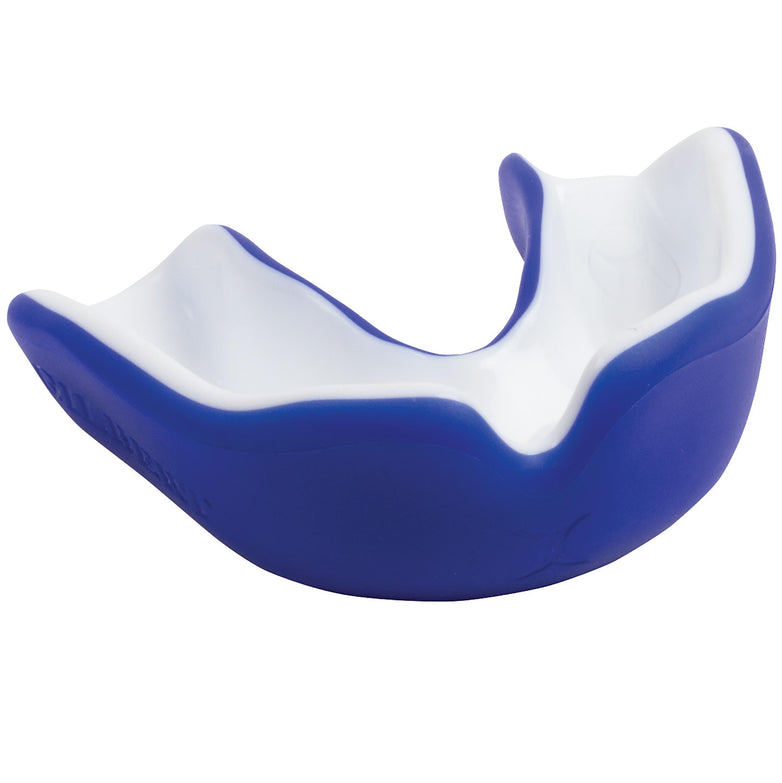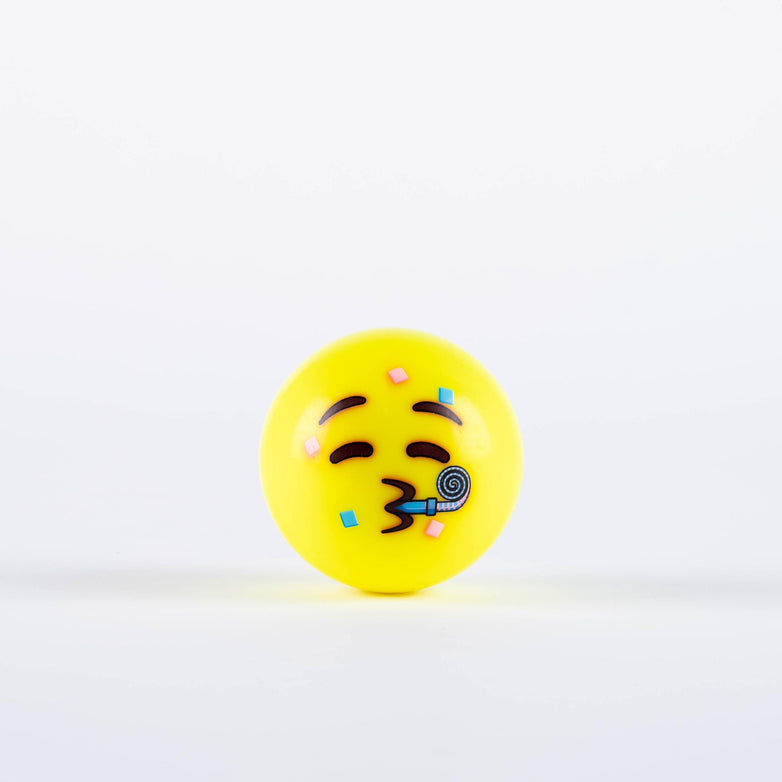Have You Made the Gains You Wanted This Pre-Season?
Nth Degree Performance are a premier provider of elite level remote physical preparation and performance support to the best field hockey players, teams and coaches in the world and to those who want to be them in the future. As an official partner we have access to exclusive content and we are pleased to share the latest installment with you.
Pre-season is supposed to be the big reset. The time to put yourself in the best position possible for the year ahead.
And yes, you probably feel fitter, sharper, stronger than you did a few weeks ago. But here’s the real question: has it actually moved the needle for you and your game?
Plenty of players feel the effects of pre-season. That doesn’t mean they’ve made the gains they really needed. If you’re serious about a breakthrough, here are four reasons why your pre-season might not have been as effective as it should have been — and what you can do to change it going forward.
1. Training targeted to the group, not you
Why it wasn’t effective: Pre-season is written for the squad average, not your role, profile, or ambitions. The primary aim of pre-season is for a hockey coach or organisation to set up a team — selecting players and developing that team to compete. The aim is not to develop your individual physical needs (or often your individual technical needs).
How to fix it: You need to know what your individual physical needs are, how you can develop them, and when and where you can get the work done. A key training principle many players miss is specificity: what you train is what you develop — so it better be right.
For example, if you want to develop your repeat speed ability, you need to know which component matters most for you: acceleration, top speed, change of direction, fatigue index, aerobic or anaerobic fitness. Identify your biggest needs, identify what you can’t get from hockey training alone, then get it done and review your progress.
2. Your schedule is out of Control
Why it wasn’t effective: In pre-season and early season, sessions and matches are often stacked too close together. That forces players into survival mode — or worse, injury — rather than adaptation and increased performance. Another issue is session order. Too often, one session needlessly inhibits the next — when the same sessions, done in a smarter order, could have been highly effective.
How to fix it: Your first priority is to follow point one above — what are your priorities? Once you know this, you can start to make your plan and cut all the things you can control and influence that are in the way. The second step is to be brave! Culling non-essential sessions and saying no to people is hard but essential. Finally, test yourself: “Am I able to do this important session in the way it needs to be done so it stimulates positive change?”
For example, a speed session only works if you’re fresh, engaged, and able to rest fully between explosive reps. If not, it isn’t a speed session — and it might just be dangerous.
3. Your habits around training aren’t good enough
Why it wasn’t effective: Training is where you provide the stimulus for change. Outside of training is where the change occurs. If you don’t have the habits to complete a session as effectively as possible, that session won’t be as potent. And if you don’t have the habits to help your body and mind recover and adapt, you won’t see the gains you wanted — you might even go backwards.
How to fix it: Build consistent habits around training and matches so your work actually sticks. This sounds simple, but it isn’t. Doing the things that maximise your gains means breaking from the herd and doing things differently. That can feel isolating, lonely, awkward — or all of the above. But if your ambitions are greater than those around you, then your habits around recovery, sleep, nutrition, mobility, and daily preparation need to be greater too.
4. You don’t have a plan — you just react
Why it wasn’t effective: All of the points above link to one thing: purposeful intent. Without it, you’re just using the schedule and opportunities thrown at you and hoping something sticks. And it might. But could your pre-season have been better if you’d had a plan and clear objectives? Absolutely.
How to fix it: A breakthrough season only happens when you create and follow a plan built for your game and your goals. And a breakthrough is also a breakaway — a breakaway from your old self, your old team, your old standards. To do that, you need a deliberate plan that changes your physical capabilities, breaks free from a poor schedule, and builds the habits and behaviours that once held you back but can now propel you forward.
Pre-season is almost over. You can’t get it back.
But you can decide what happens next.
If you’ve gone through another pre-season that left you tired but not transformed, you’ve already seen why: group training, chaotic scheduling, weak habits, and no real plan. That cycle won’t change on its own.
The good news? You can change it.
With a plan built for your game, a schedule that works with you not against you, and habits that set you apart, this season doesn’t have to play out like the last one.
The question is: are you willing to do what most won’t — to step away from the herd and prepare like someone aiming higher?
Because the players who make real breakthroughs don’t just survive pre-season. They use the whole year to build something that lasts.






















